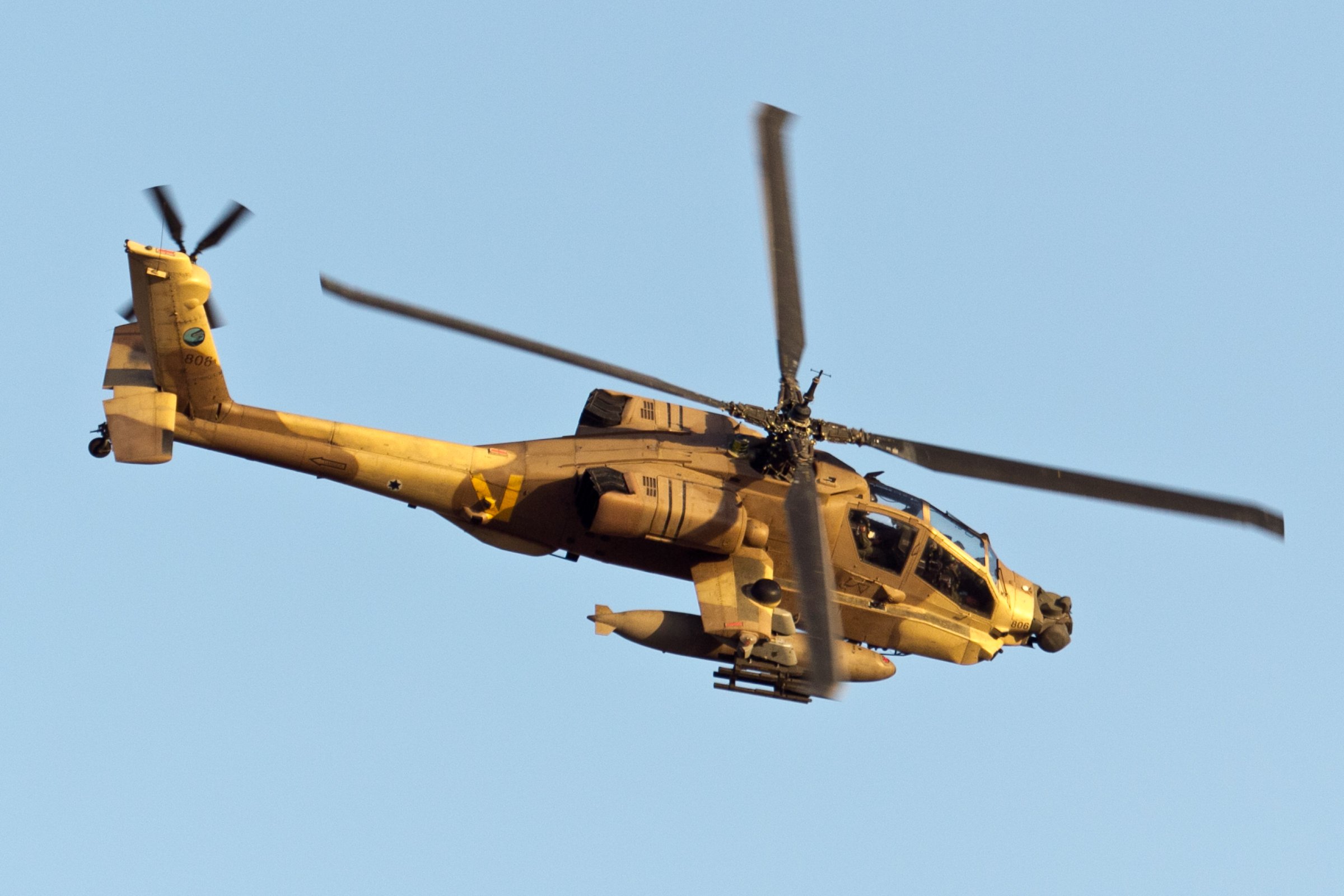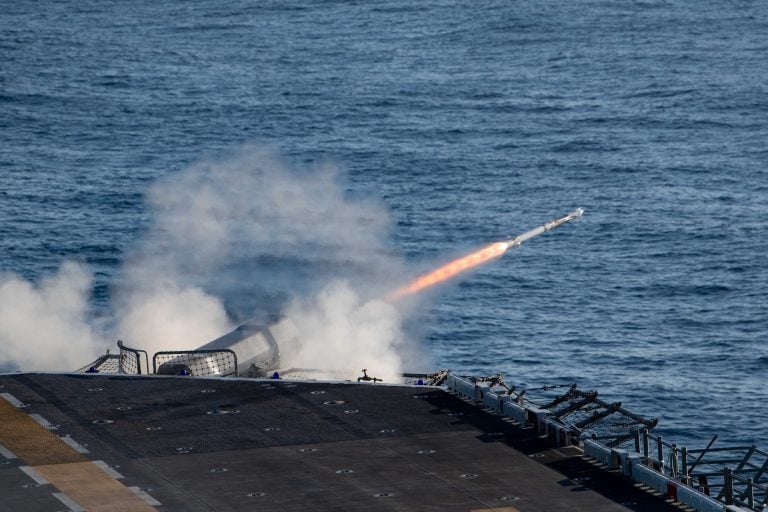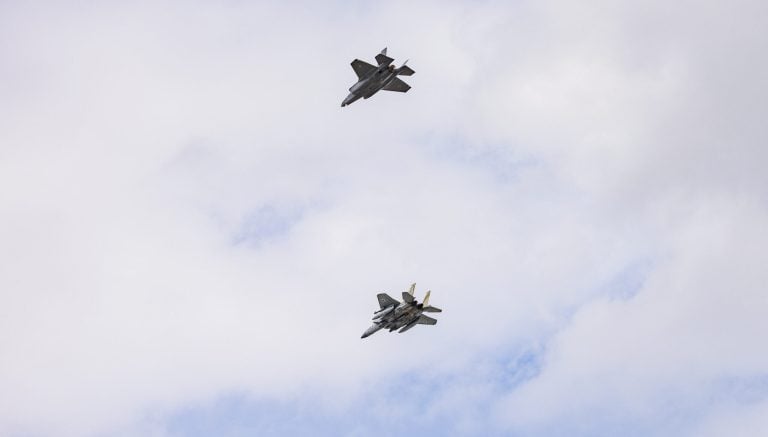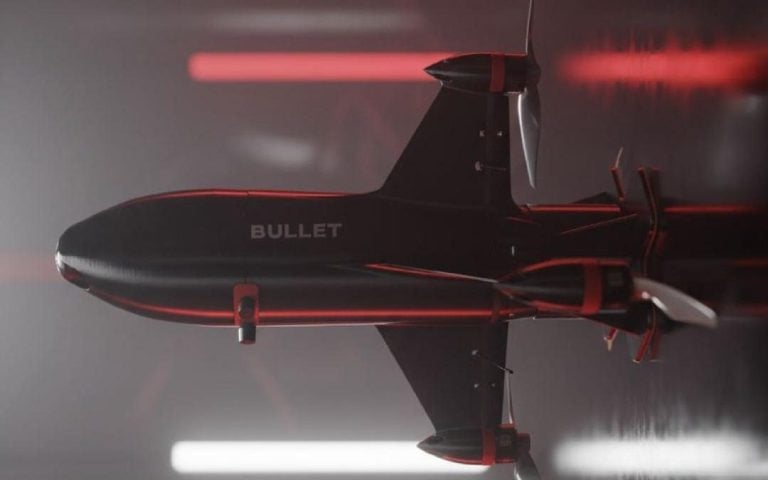The Israeli Ministry of Defence has taken a significant step to enhance the capabilities of the Israeli Air Force by contracting BIRD Aerosystems for the development of an advanced Airborne Missile Protection System (AMPS) tailored specifically for the AH-64 Apache attack helicopters. This initiative will encompass not only the development but also the integration, delivery, and rigorous testing of the AMPS suite, which will feature the newly developed µDIRCM (Micro Directed Infrared Countermeasure) system.
The µDIRCM has been collaboratively developed with the Israeli MoD’s Directorate of Defense Research & Development, and is noted as the most compact and lightweight Directed Infrared Countermeasure solution available on the market today. Weighing under 7 kilograms (about 15 pounds), the system is particularly well-suited for installation on smaller platforms such as drones and light helicopters, and is designed to fit seamlessly onto the wingtip of the Apache, thus providing comprehensive hemispheric protection against sophisticated heat-seeking missile threats.
Promising to deliver unmatched protection against man-portable air defense systems (MANPADS) and other contemporary aerial threats, the µDIRCM employs an advanced infrared tracking system along with high-power, solid-state laser emitters to ensure precise jamming capabilities. Additionally, it features a dual-band infrared confirmation mechanism that is designed to reduce the incidence of false alarms, thereby enhancing operational effectiveness.
Matan Perry, Vice President of Marketing & Sales at BIRD Aerosystems, emphasized the significance of this contract, stating that it represents a major milestone for the company. He expressed pride in being selected by the Israeli Air Force, acknowledging its reputation as one of the most advanced air forces globally. Perry highlighted the cutting-edge technology inherent in their DIRCM system, which combines compactness and lightweight features to offer exceptional protection against modern threats.
The increasing global demand for effective self-protection systems, even for smaller aerial platforms, has been noted as a driving force behind the development of such advanced systems. As the landscape of aerial warfare continues to evolve, programs like these underscore the commitment of the Israeli defense sector to maintain its technological edge.







